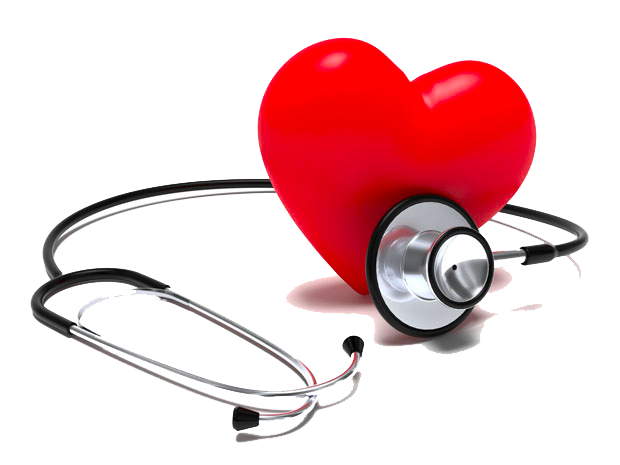
Breast cancer happens when cells in the breast start to grow out of control. They would then be able to attack nearby tissues or spread all through the body. Bigger masses are called tumors. Benign tumors can’t spread and are not hazardous. Malignant tumors, however, can spread all through the body or attack nearby tissue.
Malignant growth happens most generally in tissue from the ducts or glands in the breast. It might take months or even a long time for a tumor to get enormous enough to feel in the breast, so screening is normally finished with mammograms, which can sometimes observe the disease before we can feel it or see the manifestations.
There are many different types of breast swellings most of them are non-cancerous.
The most common types of breast tumor (malignant swelling/lump) are:
The exact cause of breast cancer is not fully understood; mostly it occurs when there is a genetic mutation in the DNA of the breast cells. Some mutations occur over time while others may be because of lifestyle factor or some environmental exposures.
The following are the key breast cancer risk factors, you cannot control every variable that influences your risk, but some of them are preventable:
The symptoms of breast cancer vary from person to person and it may sometimes occur without any symptoms. If you found any of the below symptoms, consult a breast cancer specialist or surgeon. Some of the signs and symptoms of breast cancer include:
The following are the tests and procedures used to diagnose breast cancer:
The doctor determines the treatment for breast cancer based on the type, its stage and grade. The most common options for breast cancer treatment include,

Copyright © 2022 Dr. Sandhya Bade | All Rights Reserved | Created & Crafted By Itorix Infotech
WhatsApp us